Avocado, also known as **Persea americana**, is a nutrient-dense fruit that has gained widespread popularity for its creamy texture and numerous health benefits. Often referred to as a "superfood," avocados are particularly celebrated for their positive impact on heart health. In this article, we will explore the nutritional profile of avocados, their specific benefits for heart health, and various cooking methods that can help you incorporate this versatile fruit into your diet.
Nutritional Profile of Avocados
Avocados are packed with essential nutrients that contribute to overall health. A 100-gram serving of avocado provides:
- Calories: 160 kcal
- Fat: 15 grams (10 grams of which are monounsaturated fats)
- Carbohydrates: 9 grams (including 7 grams of fiber)
- Protein: 2 grams
- Vitamins:
- Vitamin K: 26% of the Daily Value (DV)
- Vitamin C: 17% DV
- Vitamin E: 10% DV
- Vitamin B5 (Pantothenic Acid): 14% DV
- Vitamin B6: 13% DV
- Minerals:
- Potassium: 14% DV
- Magnesium: 7% DV
- Iron: 4% DV
Avocados are also rich in antioxidants like lutein and zeaxanthin, which support eye health and prevent oxidative damage.
Heart Health Benefits of Avocados
1. Lowering Cholesterol Levels:
Avocados are rich in monounsaturated fats, particularly oleic acid, which helps reduce levels of low-density lipoprotein (LDL) cholesterol (often referred to as "bad cholesterol") while increasing high-density lipoprotein (HDL) cholesterol ("good cholesterol"). This balance is crucial for maintaining cardiovascular health.
2. Reducing Blood Pressure:
The high potassium content in avocados helps regulate blood pressure by counteracting the effects of sodium and relaxing blood vessel walls. This can significantly reduce the risk of hypertension and related cardiovascular diseases.
3. Anti-inflammatory Effects:
Avocados contain antioxidants like vitamin E and polyphenols, which reduce inflammation in the cardiovascular system. Chronic inflammation is a key factor in the development of heart disease.
4. Improving Overall Diet Quality:
Studies have shown that individuals who regularly consume avocados tend to have healthier diets overall, with higher intakes of essential nutrients and lower risks of metabolic syndrome.
Cooking Methods to Maximize Heart Health Benefits
To fully benefit from the heart-healthy properties of avocados, consider the following cooking and preparation methods:
1. Raw and Fresh:
- Avocado Toast: Mash avocado and spread it on whole-grain toast. Add a sprinkle of salt, pepper, and a squeeze of lemon juice for a quick and nutritious breakfast.
- Salads: Slice or dice avocados and add them to your favorite salads. Their creamy texture pairs well with leafy greens, tomatoes, and other vegetables.
2. Lightly Cooked:
- Grilled Avocado: Cut the avocado in half, remove the pit, and grill for a few minutes on each side until slightly charred. This method adds a smoky flavor while retaining most of the nutrients.
- Avocado Soup: Blend avocados with vegetables like tomatoes, cucumbers, and bell peppers for a refreshing and heart-healthy soup.
3. Incorporated into Dishes:
- Guacamole: A classic avocado-based dip made with mashed avocado, lime juice, garlic, and tomatoes. Guacamole is a great addition to tacos, sandwiches, or as a snack with whole-grain chips.
- Avocado Smoothies: Blend avocado with fruits like bananas or berries, and add a splash of almond milk or yogurt for a creamy, nutrient-packed smoothie.
4. Baked Goods:
- Avocado Chocolate Pudding: Use avocados as a base for a healthy chocolate pudding. Blend avocados with cocoa powder, honey, and vanilla extract for a dessert that is both delicious and heart-healthy.
Practical Tips for Incorporating Avocados into Your Diet
- Storage and Ripening: Avocados should be stored at room temperature until they are ripe. A ripe avocado will yield to gentle pressure. To speed up ripening, place avocados in a paper bag with a banana.
- Preventing Browning: To prevent avocados from browning after cutting, sprinkle them with lemon juice or wrap tightly in plastic wrap.
- Creative Pairings: Avocados pair well with a variety of foods. Add them to omelets for breakfast, use them as a topping for tacos, or blend them into dressings for a creamy texture.
Avocados are not just a trendy superfood; they are a powerhouse of nutrition with significant benefits for heart health. Their rich content of monounsaturated fats, dietary fiber, and antioxidants makes them an excellent addition to any heart-healthy diet. By incorporating avocados into your meals through various cooking methods and creative recipes, you can enjoy their creamy texture and numerous health benefits. Whether eaten raw, grilled, blended, or baked, avocados are a versatile and delicious way to support your cardiovascular health. Embrace the heart-healthy wonders of avocados and let them inspire your culinary adventures.

By Olivia Reed/Apr 24, 2025
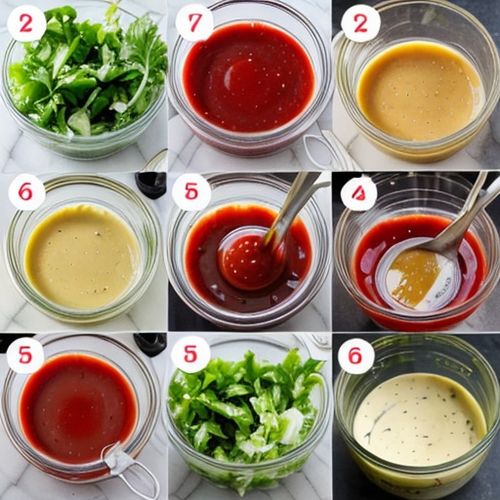
By Victoria Gonzalez/Apr 24, 2025

By Sophia Lewis/Apr 24, 2025
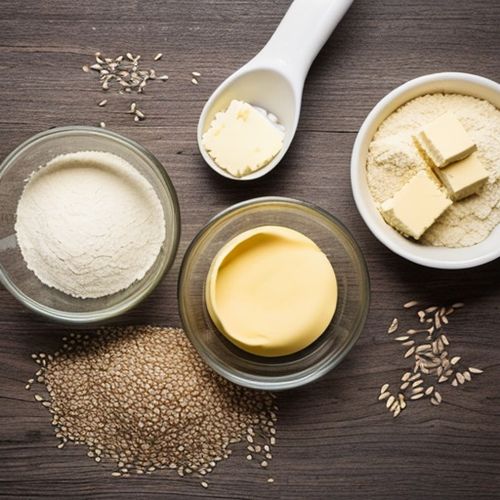
By William Miller/Apr 24, 2025

By Olivia Reed/Apr 24, 2025

By Laura Wilson/Apr 24, 2025

By Victoria Gonzalez/Apr 24, 2025
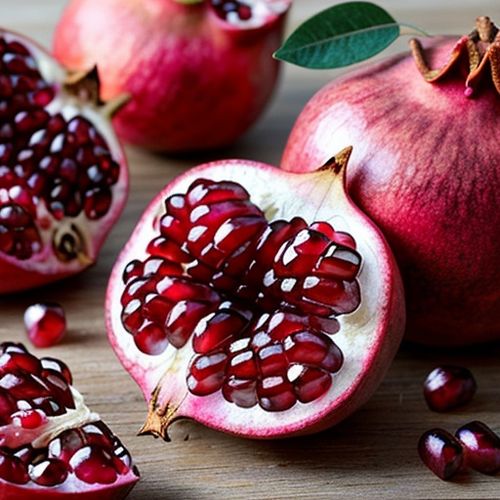
By Natalie Campbell/Apr 24, 2025

By Jessica Lee/Apr 24, 2025
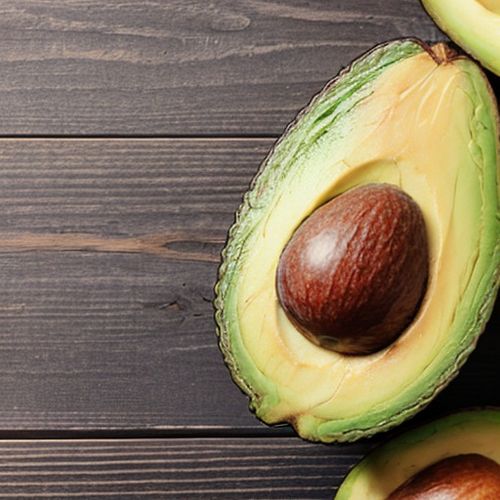
By Rebecca Stewart/Apr 24, 2025
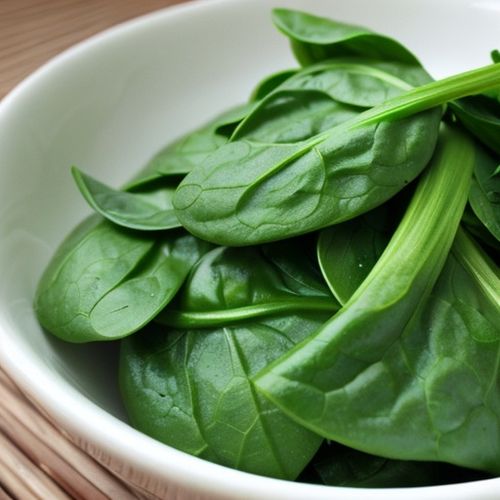
By George Bailey/Apr 24, 2025

By Elizabeth Taylor/Apr 24, 2025

By Thomas Roberts/Apr 24, 2025
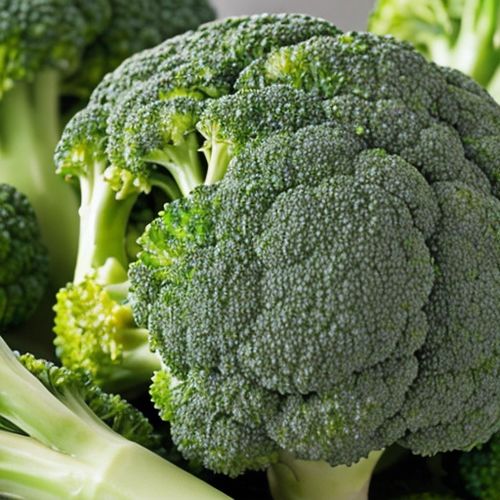
By Laura Wilson/Apr 24, 2025

By Samuel Cooper/Apr 24, 2025

By Lily Simpson/Jan 13, 2025
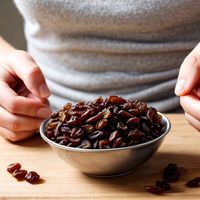
By Christopher Harris/Dec 20, 2024

By Samuel Cooper/Dec 20, 2024